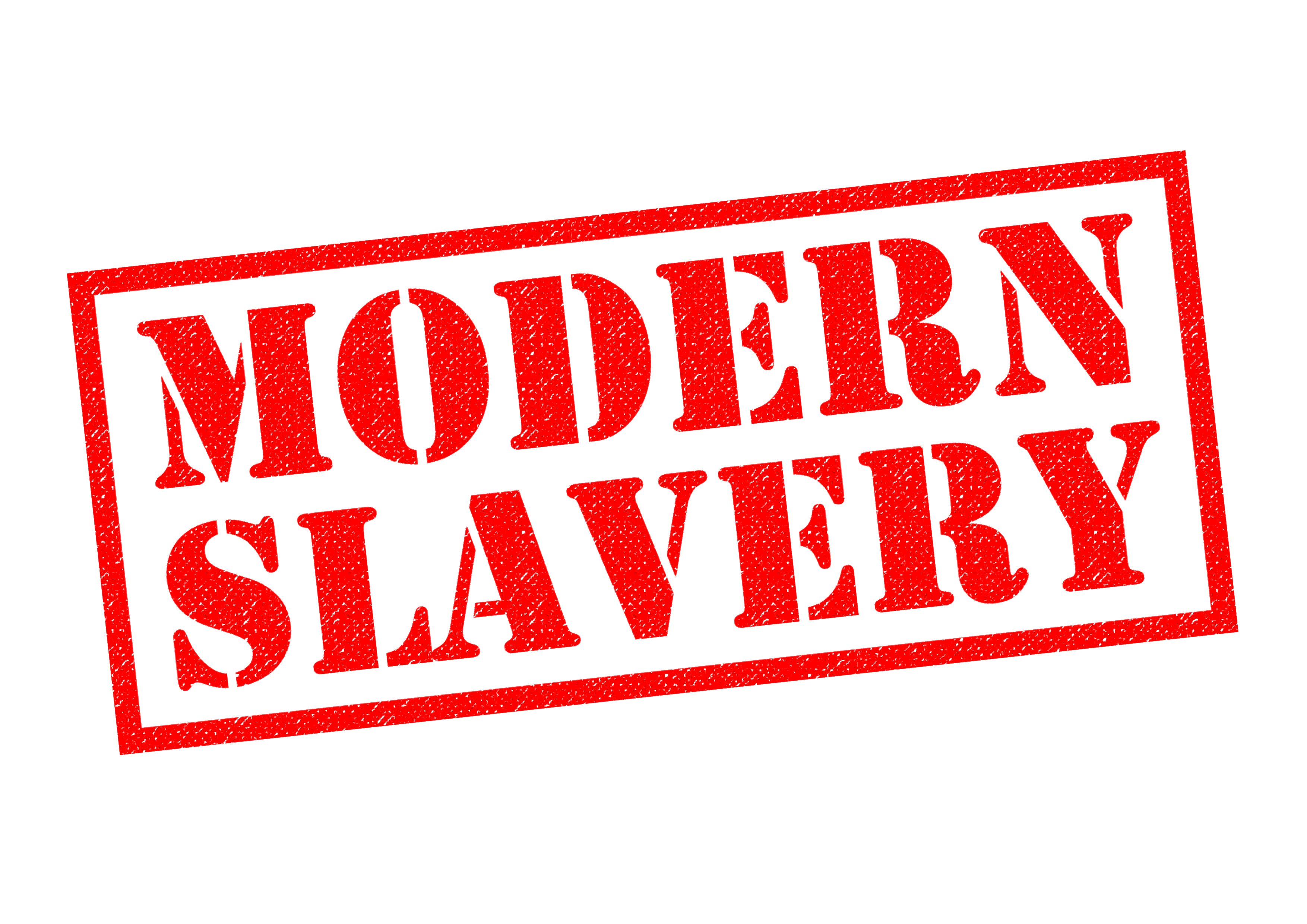
This month (January) is National Slavery and Human Trafficking and Prevention Month.
Warwickshire County Council is reminding residents that it is committed to preventing slavery and human trafficking in all its corporate activities and supply chain management.
Modern slavery can take many forms including the trafficking of people, forced labour, servitude and slavery.
Warwickshire County Council approved its updated Modern Slavery and Human Trafficking statement last year, which re-states its commitment to using its powers, influence and responsibilities to prevent and act against modern slavery.
The purpose of the Statement is to report on the Council’s actions to identify, assess risk and take mitigating steps to prevent the occurrence of modern slavery, human trafficking and other human rights abuses in its supply chains and procurement activity, and its key corporate policies.
Modern slavery is the illegal exploitation of people for personal or commercial gain. It’s often a hidden crime, where people are tricked, coerced or forced and lose their freedom. It’s sometimes known as contemporary slavery.
Modern slavery is always a serious violation of a person’s human rights. Even if a victim consents and is willing to be moved, trafficking could still be taking place. It involves either the threat of harm or actual harm to the person themselves or their family.
Modern slavery can take many forms, including:
-
Domestic exploitation
-
Human trafficking
-
Labour exploitation/forced labour
-
Debt bondage/bonded labour
-
Descent-based slavery
-
Slavery of children
-
Sexual exploitation
-
Forced and early marriage
-
Illegal adoption
-
Criminal exploitation – forced begging, forced benefit fraud, and county lines
Nearly 50 million people live in modern slavery across the world today. There is no typical victim of slavery; they can be individuals of any age, gender, ethnicity or nationality. However, it’s normally more prevalent among those who may be particularly vulnerable or belong to minority or marginalised groups. Signs of various types of slavery and exploitation are often hidden, making it hard to recognise potential victims.
Although the County Council assesses the likelihood of slavery and human trafficking as low, given the nature of its operations, it remains alert to potential risks. The Council, through its procurement policy, strategy, and guidelines, maintains high expectations for its supply chains.
The County Council is involved in a range of activity and collaborative work to tackle Modern Slavery, highlighted in the statement which can be read here: https://api.warwickshire.gov.uk/documents/WCCC-970487194-326
This includes working together with partners to tackle Modern Slavery and Human Trafficking by way of a multi-agency Modern Slavery Steering Group, which has taken on board a pathway for supporting victims and survivors, and is looking at delivery of multi-agency training and awareness raising.
Talking about the approval of its updated Modern Slavery and Human Trafficking statement, Cllr Izzi Seccombe, Leader of Warwickshire County Council said: “I speak on behalf of Warwickshire County Council when I say that we condemn any form of modern slavery and human trafficking in our organisation and Warwickshire, as a whole.
“We work to our Council's priority to be a County where all individuals are supported to live safely, healthily, happily and independently. It's for this reason that we will continue our work with our partners throughout the county to ensure we hold perpetrators accountable for their actions and ensure victims and survivors of these heinous crimes are celebrated within our diverse communities."